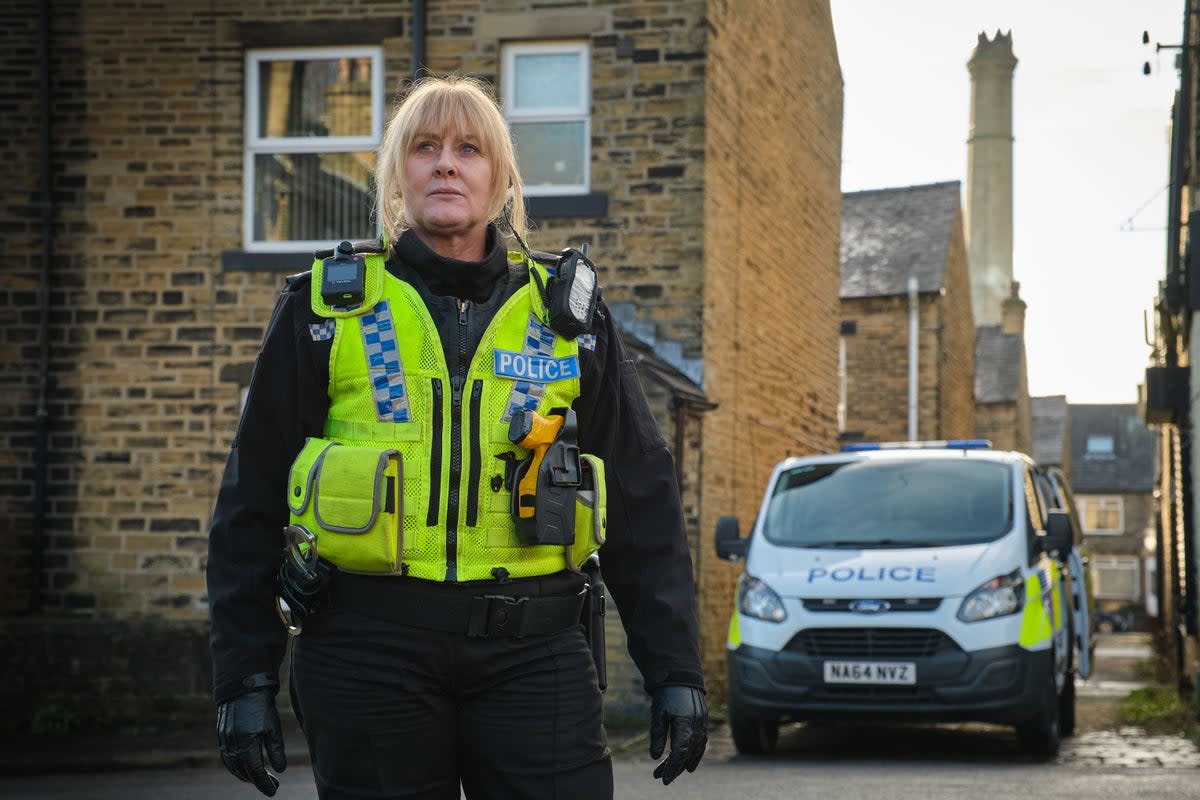Criminals take over homes of hundreds of vulnerable Londoners, shock investigation reveals

Hundreds of vulnerable Londoners have had their homes taken over by criminal gangs who use them to store drugs and weapons, a shocking report warned today.
Cases of cuckooing in the capital have quadrupled from 79 in 2018 to 316 last year and are continuing to rise, the City Hall Labour investigation revealed.
The practice, which involves criminals taking over a person’s home predominantly to use it to store, take or deal drugs or for prostitution, is almost certainly more widespread as fewer than half of councils were able to provide data on how many cases they had dealt with over the last four years.
Victims are most likely to be older men, who often suffer learning disabilities, mental health needs or have had a substance misuse issue.
"Loneliness, low self-esteem and social isolation were also identified as key factors affecting an individual’s likelihood of being targeted", the report found.
MPs have called for cuckooing – which was highlighted in the BBC series Happy Valley – to be criminalised as part of an overhaul of the 2015 Modern Slavery Act.
Labour London Assembly member Unmesh Desai, who commissioned the investigation into the capital's problem, warned that the number of cases are likely much higher because of inconsistent reporting both by councils and the Metropolitan Police.
“Cuckooing is a terrible crime which harms some of the most vulnerable in our society," he said.
“Having your home taken over by criminals is traumatic and the anti-social behaviour carried out at the property creates chaos for neighbouring households.
“This report shows recorded cases of cuckooing are on the rise. But we still do not know the true scale of the problem with some councils not yet recording data. Too often cuckooing is hidden in plain sight and without knowing the true picture, we cannot put the most effective plans in place to tackle this crime and support victims.
“I found some councils are already working closely with the police – so it can be done – but we need a more consistent approach so all victims of cuckooing receive the help the need regardless of where they live. We need better guidance from the Government to make this happen."
The report highlighted cases including a man in his sixties with learning difficulties whose housing association flat was taken over by a local group of street drinkers and drug users.
Once the group had entered his property, he was forced to sleep in the living room as another man had occupied his bedroom. His clothes were stolen and bank cards taken from him.
In another case, a local authority revealed that perpetrators would wait outside the council’s addiction service building to groom a victim who had previously been moved from a property due to cuckooing.
The investigation found that cuckooing needs “a sharper focus" and more public awareness as it is “currently an under-reported crime".
It made ten recommendations, including that the Mayor should work with the Government, London Councils and the Victim's Commissioner to develop guidance for local authorities and that the Met should ensure its officers are recording cases systematically using a “newly developed flag on the police systems”.
In response to questions around how the force is working to address the issue of cuckooing, a Met spokesman said: “The MPS has developed guidance for officers on how to deal with cuckooing. This includes guidance around the law, identifying vulnerable persons or venues, how Safer Neighbourhood Team Officers can assist by conducting regular visits, partnership working with other agencies, and obtaining a closure order when antisocial behaviour is associated with a premises.
“The reporting of cuckooing has also been streamlined.”
Cuckooing is often linked with county lines drug gangs, but many councils said it was more often being committed by local drug gangs in the capital.
The Crown Prosecution Service said cuckooing is often not covered by the Modern Slavery Act if the victim has done nothing apart from agree to their home being used for criminal activity, for example the supply of drugs.
But if they were forced into labour, threatened or attacked, then charges could be brought under existing laws.
The Home Office has said cuckooing is “wholly unacceptable and the government is determined to tackle it and those who perpetrate this abuse”.


